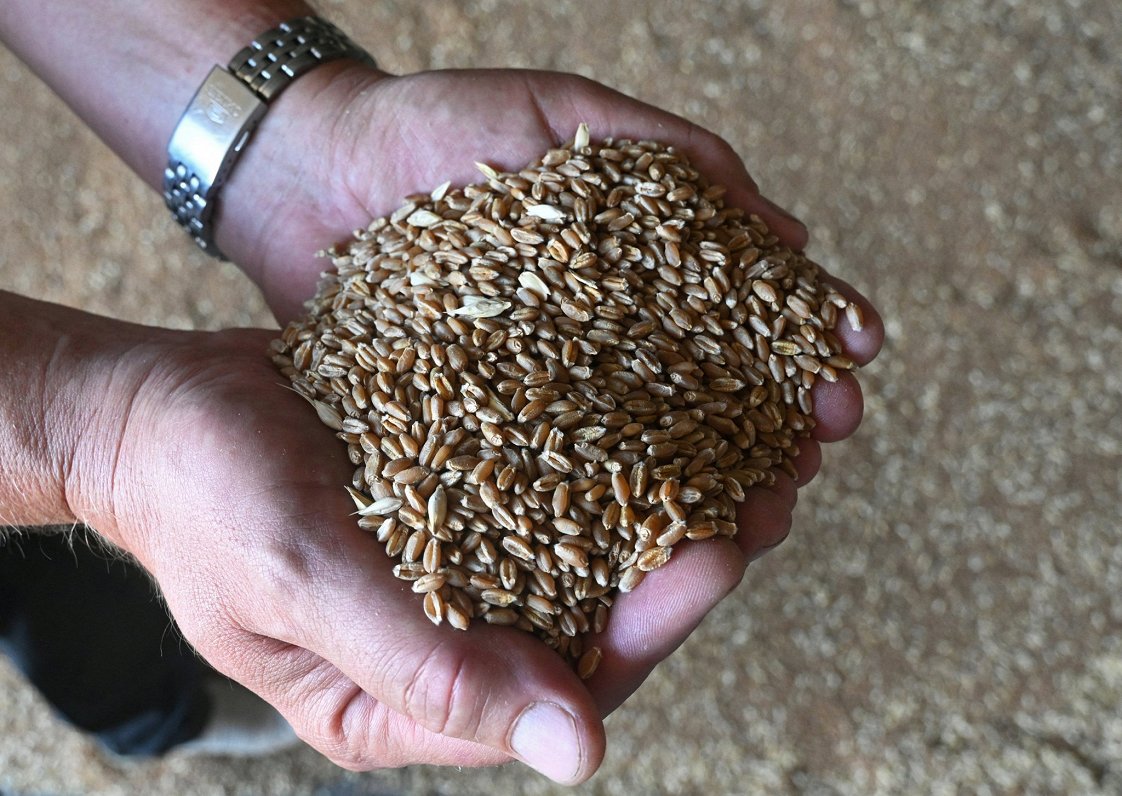As Prime Minister Evika Siliņa (New Unity), Agriculture Minister Armands Krauze (Union of Greens and Farmers) and Chairman of the Progressives Saeima faction Andris Šuvajevs announced after the coalition meeting on Monday, it is planned to prepare and adopt a relevant draft law in the Saeima in February.
Krauze said there will be further enhanced control of grain transit by the Food and Veterinary Service, assessing quality, safety and also origin. That is essential for determining whether the grain originated in Russia or was stolen from Ukrainian occupied territories.
The Agriculture Minister noted that Ukraine has identified scientific methods and a database on how EU Member States can determine whether the grain was grown in Russia or Ukraine.
The coalition has also agreed that companies using grains of Russian origin in their production will not be eligible for farmer support programs, the Agriculture Minister emphasized: “This means if Latvian producers, processors, farmers want to claim and receive support, then they will have to agree and certify that they will not receive any grain of Russian origin in any way.”
The Prime Minister said it is currently difficult to predict the financial impact of the import ban.
The issue of the ban on imports of grain from Russia has been raised in Latvia for a long time, but until now the ruling coalition stuck to the position that a joint decision of the European Union as a whole (EU) is needed and it is unwise for Latvia alone to take it, because it would be a restriction “only on paper” that can be easily circumvented through other EU countries.
Meanwhile a poll conducted by Norstat and LSM suggests that nearly half of Latvian residents support a ban on imports of Russian grain, raw materials, and other food products, but about a third do not support it.
The poll was conducted between January 16 and 25, involving 1,008 respondents. These data are representative of Latvian residents aged 18-74 who use the Internet at least once a week.
When asked if they support the ban on imports of Russian grains, raw materials, and other food products, 32% responded “definitely yes” and 16% answered “rather yes”.
A neutral “neither yes nor no” answer was chosen by 14%. 6% chose the “don't know” answer.
12% rather disapprove of the ban and 20% certainly disapprove.





























